The Czech Republic is a country of medieval castles, cosy streets and a stable economy. It is no wonder that many people think about moving and buying property here. However, like any decision, there are bright and dark sides to living here. What are the pros and cons of living in the Czech Republic that you should consider before taking such a big step? Let’s tell you in the article.
The pros of living in the Czech Republic: what attracts foreigners
The country is deservedly considered one of the best countries to emigrate to due to its stable economy, high social standards and rich culture. Let’s take a closer look at what aspects of life here really make it attractive to foreigners.
Economic stability and high standard of living
The Czech economy has experienced a significant recovery since the country’s accession to the EU in 2004. GDP growth has remained at 2-4% annually and unemployment is consistently low at only 3%. This rate is below the European Union average, providing jobs for local and visiting professionals.
The average salary in Prague is around €1,800, which helps to cover the costs of housing, transport and leisure activities. In smaller cities such as Brno or Ostrava, incomes are slightly lower at around €1,200, but the cost of living is also much lower. The high standard of living is reflected in the availability of quality goods, modern technology and well-developed infrastructure.
For entrepreneurs, the Czech Republic offers favourable conditions for starting a business. The tax rate for companies is 19%, which is lower than in neighbouring countries such as Germany or Austria. Developed logistics and support for small businesses contribute to the prosperity of new enterprises.
The pros and cons of living in the Czech Republic should always be evaluated from an economic point of view. Stability, high incomes and availability of services play a decisive role for many emigrants.
Quality medicine and a developed social sector
The country is famous for its healthcare system, which is ranked among the top 20 best in the world by the World Health Organisation. The network of hospitals and clinics covers the whole territory of the country, and medical centres are equipped with modern equipment.
Every resident of the Czech Republic is obliged to have health insurance. The cost of the insurance premium is about €100 per month for a working person, and medical care is free for children and pensioners. This system ensures that every resident has access to quality care.
The social sector is also well developed here. Free schooling for children with residence permits and access to higher education in English make the country attractive for families with children. The pension system is stable, providing decent payments for senior citizens.
The disadvantages of living in the Czech Republic: what you need to know in advance
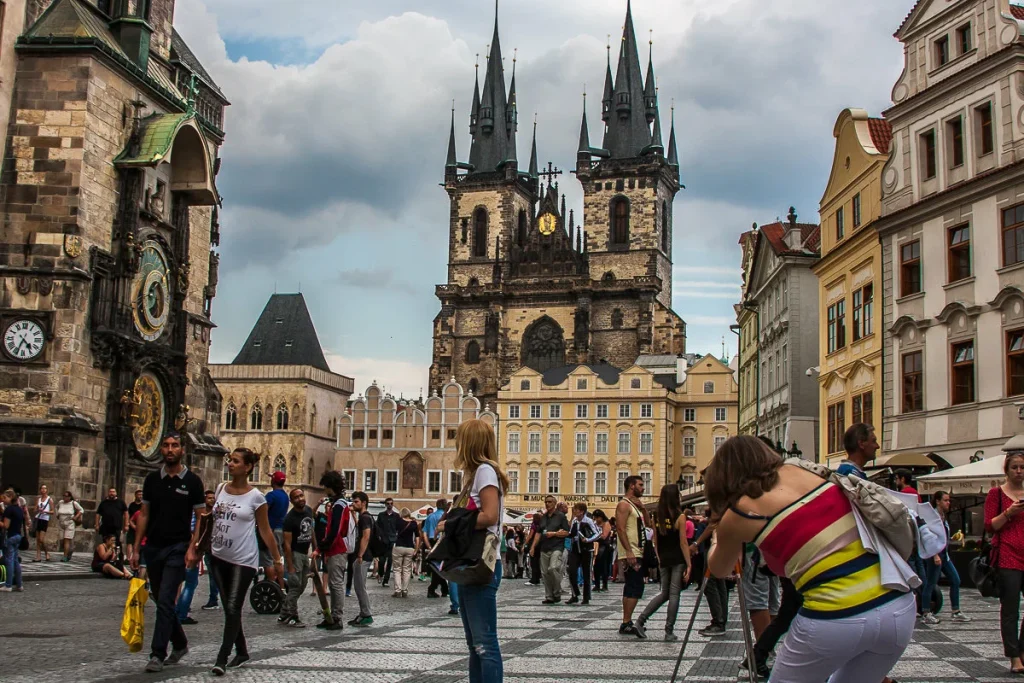 Despite the many advantages, living in the Czech Republic has its disadvantages. These nuances can seriously affect the decision to move and buy a property.
Despite the many advantages, living in the Czech Republic has its disadvantages. These nuances can seriously affect the decision to move and buy a property.
Bureaucracy and difficulties with documents
Czech bureaucracy is often a headache for emigrants. Obtaining a residence permit is a complicated and lengthy process. What documents are needed to obtain a residence permit in the Czech Republic? These are a certificate of income, health insurance, a contract of rent or sale of housing and confirmation of no criminal record.
The application process takes from 3 to 6 months. During the pandemic, the timeframe increased to a year. There are often difficulties with the translation of documents and the need to have them notarised. An error in one document can lead to a rejection and the need to start the process all over again.
Taxes in the Czech Republic for foreigners
The taxation system is different from the Russian system and requires attention. Taxes include income tax, social contributions and health insurance. The income tax rate is 15% for incomes up to €2,000 and 23% for higher amounts.
In addition, property owners pay an annual property tax. In Prague it is around €150-200 for a medium-sized flat. In the regions the tax is lower, but it must be taken into account when buying a home.
Property in the Czech Republic: whether it is worth moving for permanent residence
Buying property in the country can be a great investment, but requires careful analysis. Moving to the Czech Republic from Russia: pros and cons become especially important when it comes to a permanent place to live.
Property market: what a buyer needs to know
Housing prices are rising by 5-10% annually, especially in Prague and Brno. The average price per square metre in Prague reaches €5,500-6,000. In other major cities such as Brno and Plzeň, the price ranges from €3,000 to €4,000 per square metre.
Purchasing property in the Czech Republic requires certain conditions to be met. To buy a home you need a residence permit or residence permit. Foreigners without a residence permit can only purchase property through a legal entity registered in the Czech Republic.
In addition to the cost of housing, it is important to consider additional costs:
- Property transfer tax – 4% of the value of the property.
- Notary services are around €500-1,000.
- Realtor services – 3-5% of the object price.
How much does it cost to live in the Czech Republic, including housing maintenance? Utility bills for a 70 m² flat are around €150 per month. This includes water, heating, electricity and rubbish collection. Internet and television costs another €20-30.
Working in the Czech Republic for Russians: opportunities and limitations
Specialists in IT, construction, logistics and medicine are in demand in the country. Programmers, engineers, builders and medical workers can count on a stable income and good working conditions.
The average salary of a programmer in Prague is €2,500-3,000, which allows you to live comfortably and even save money. Builders and labourers earn around €1,200-1,500, depending on qualifications and experience. Doctors and nurses are offered salaries from €1,800 to €2,200.
Knowledge of Czech or English is required for employment in the Czech Republic. Some international companies accept employees without knowledge of Czech, but to work in state institutions or medical organisations the language is mandatory.
Special attention should be paid to obtaining a work permit. Russian citizens require a work visa or residence permit. The process takes about 3-4 months and requires a labour contract and proof of qualifications.
Conclusion
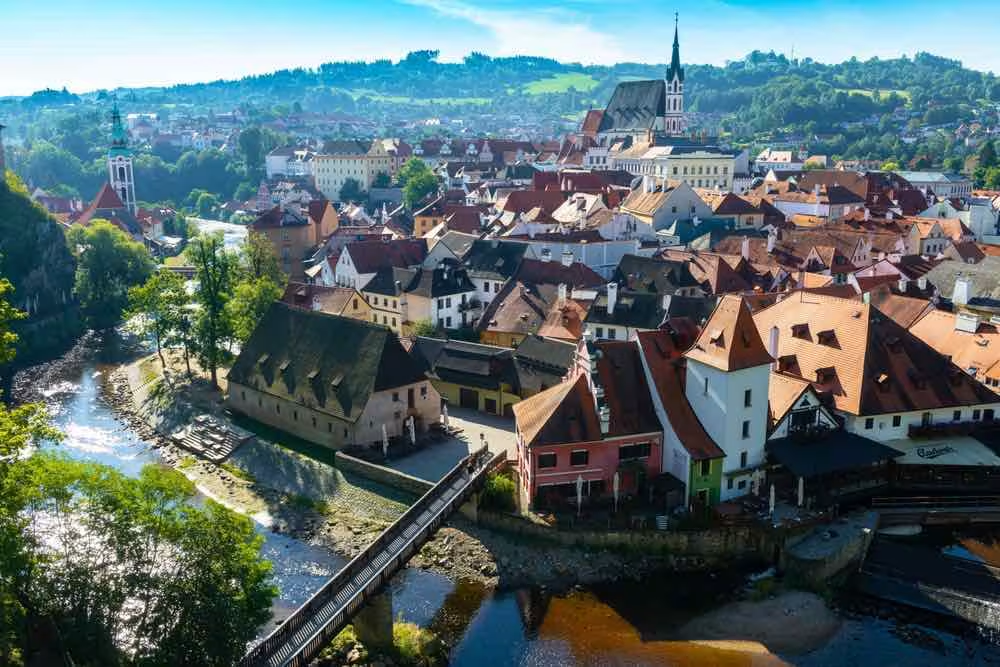 The pros and cons of living in the Czech Republic should be carefully weighed before deciding to move and buy property. A stable economy, high quality medicine and affordable education attract many emigrants. But bureaucracy, taxes and difficulties in obtaining a residence permit can be a serious challenge.
The pros and cons of living in the Czech Republic should be carefully weighed before deciding to move and buy property. A stable economy, high quality medicine and affordable education attract many emigrants. But bureaucracy, taxes and difficulties in obtaining a residence permit can be a serious challenge.


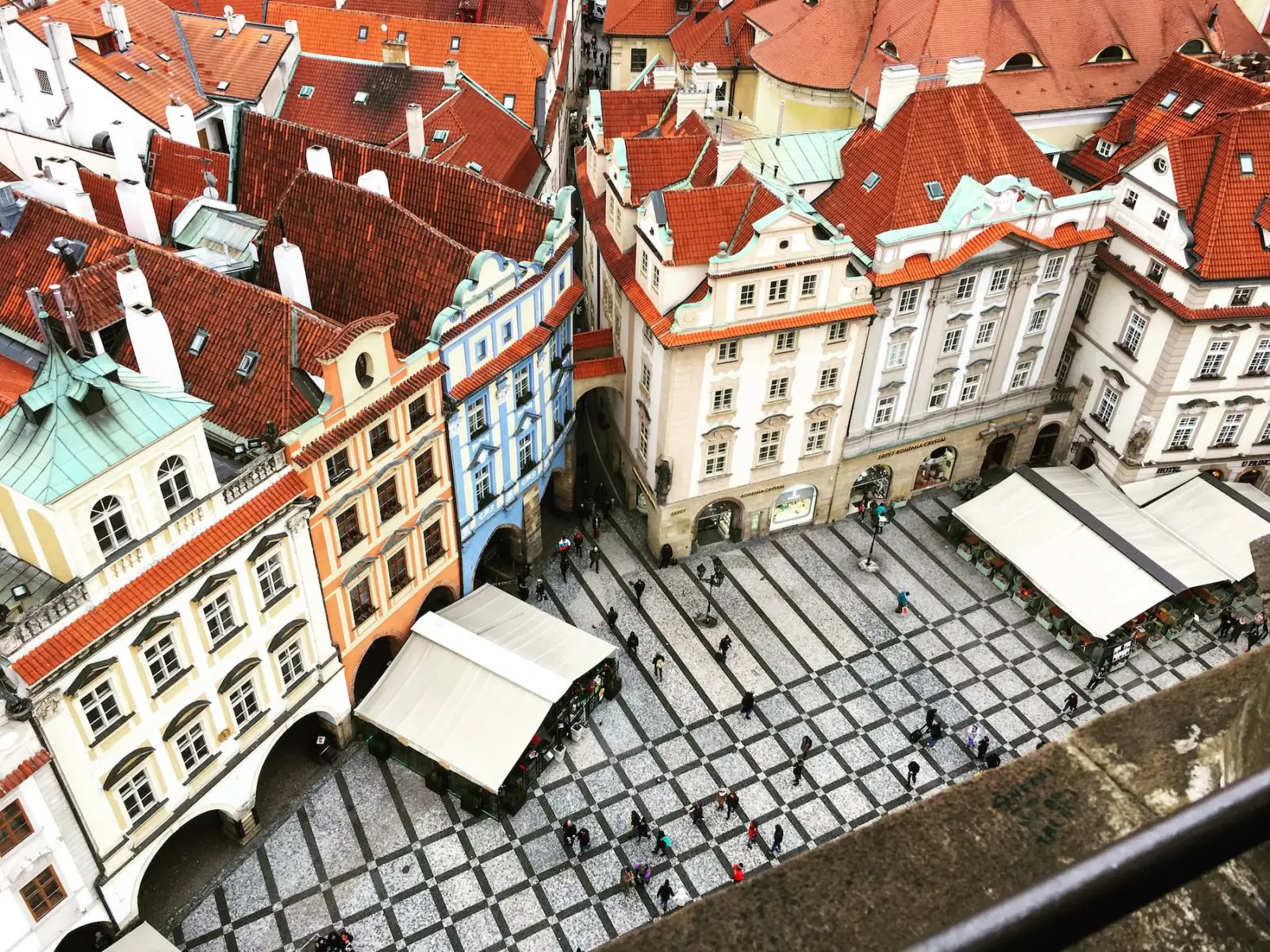
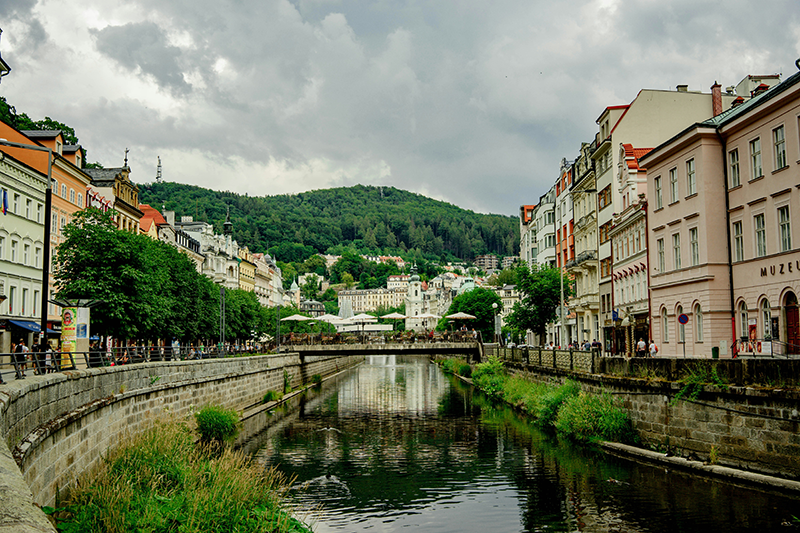 Buying property in the Czech Republic offers attractive average rental yields of 4-6% per annum, higher than in neighbouring countries. This return is not only due to a stable market, but also to the growing interest of tenants in the country’s major cities, such as Prague and Brno.
Buying property in the Czech Republic offers attractive average rental yields of 4-6% per annum, higher than in neighbouring countries. This return is not only due to a stable market, but also to the growing interest of tenants in the country’s major cities, such as Prague and Brno.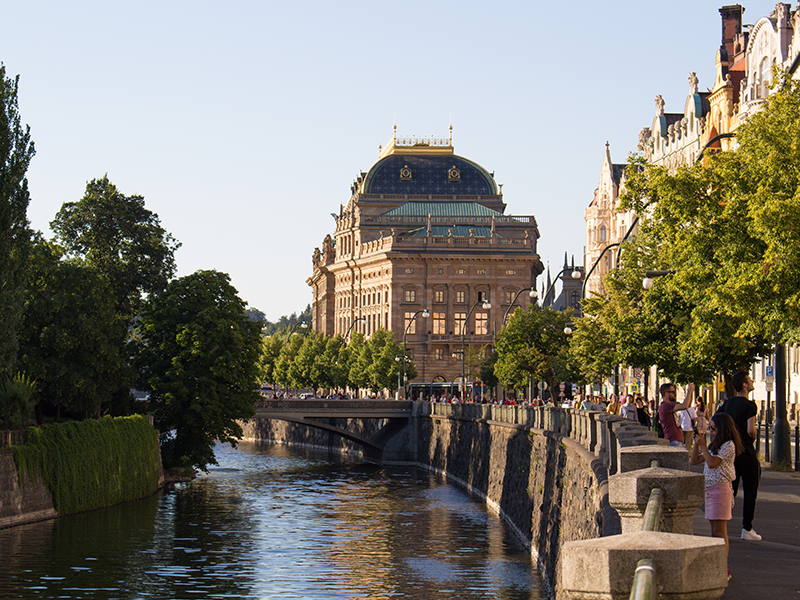 Buying property in the Czech Republic is an opportunity to invest in a stable and reliable market. Whether it is a flat in the centre of Prague or a villa in Karlovy Vary, each property offers unique prospects for preserving and increasing capital. Consider the Czech Republic as your next step towards financial independence.
Buying property in the Czech Republic is an opportunity to invest in a stable and reliable market. Whether it is a flat in the centre of Prague or a villa in Karlovy Vary, each property offers unique prospects for preserving and increasing capital. Consider the Czech Republic as your next step towards financial independence.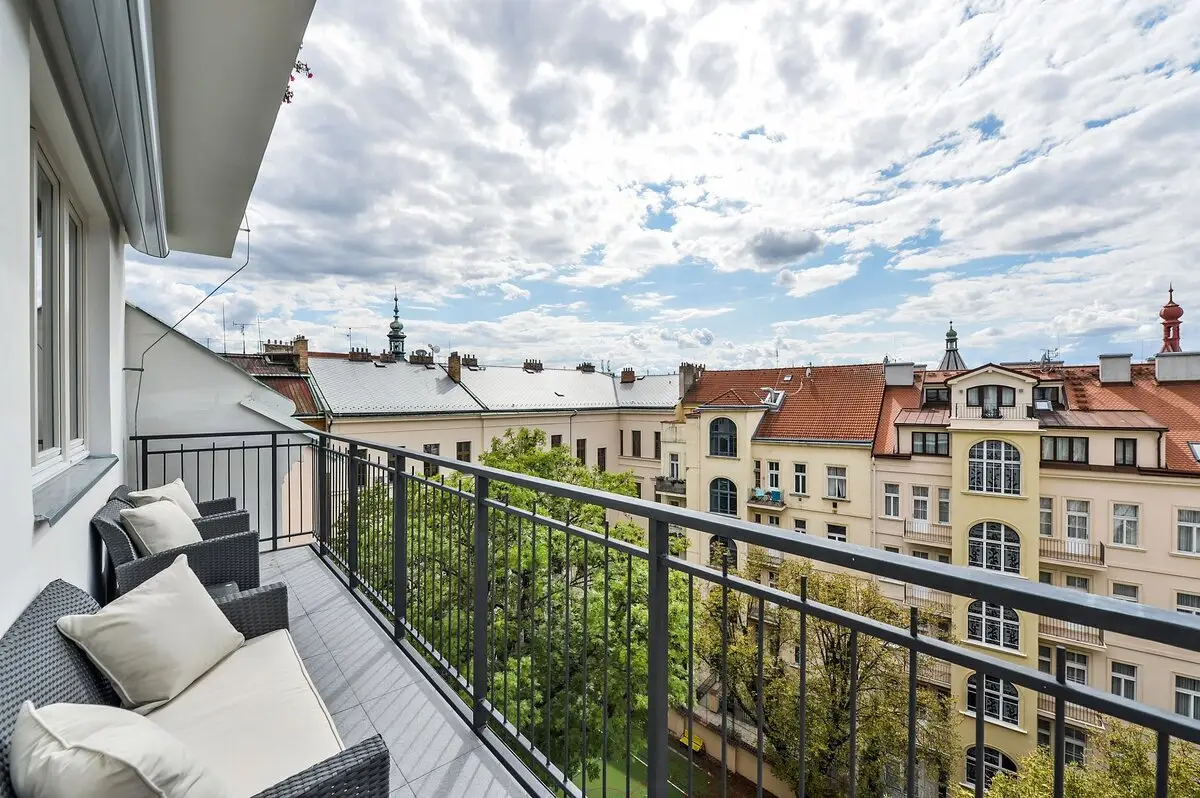
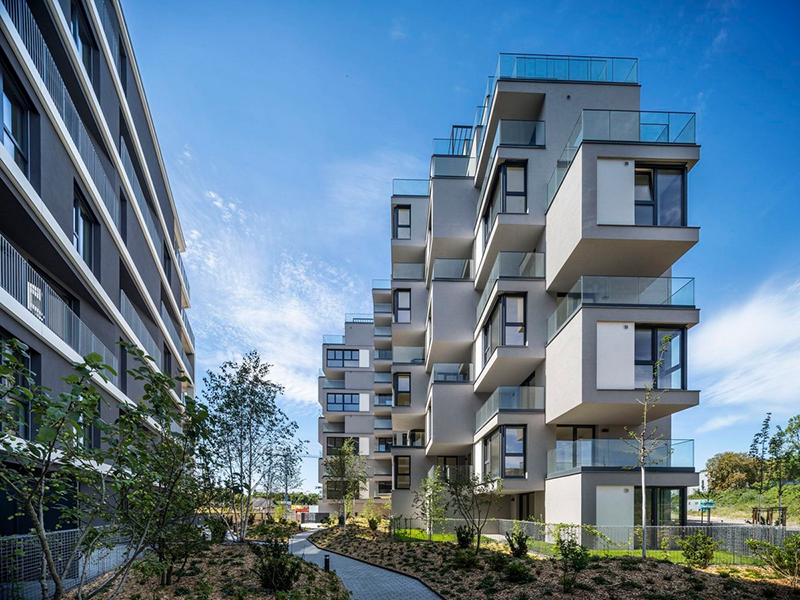 The Czech Republic is not just a beautiful place to live, but also a stable property market that attracts investors from all over the world. It is a safe investment that gives a real return, especially if you choose the right location.
The Czech Republic is not just a beautiful place to live, but also a stable property market that attracts investors from all over the world. It is a safe investment that gives a real return, especially if you choose the right location.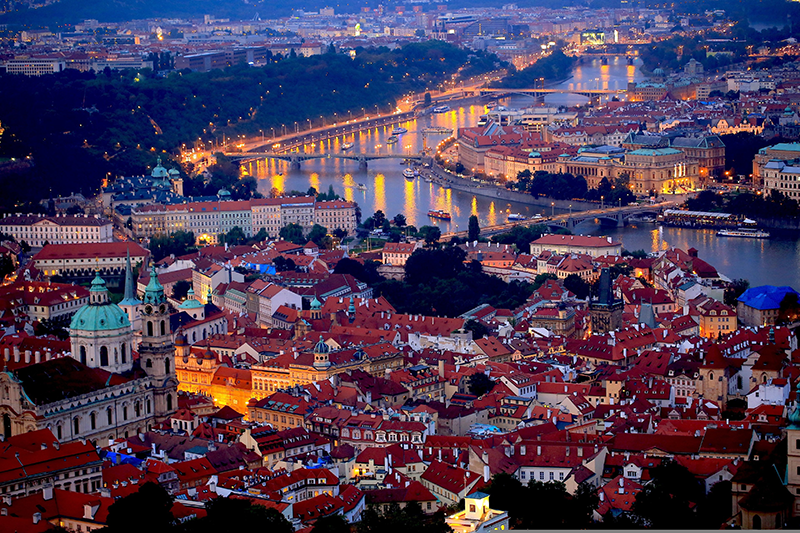 Now that you know all the important aspects of buying property in the Czech Republic, from registration to financial details, all that remains is to decide in which neighbourhood to buy a flat and start a new phase of your life in this beautiful country. Don’t forget to consult experts and carefully check all stages of the purchase to avoid unnecessary risks.
Now that you know all the important aspects of buying property in the Czech Republic, from registration to financial details, all that remains is to decide in which neighbourhood to buy a flat and start a new phase of your life in this beautiful country. Don’t forget to consult experts and carefully check all stages of the purchase to avoid unnecessary risks.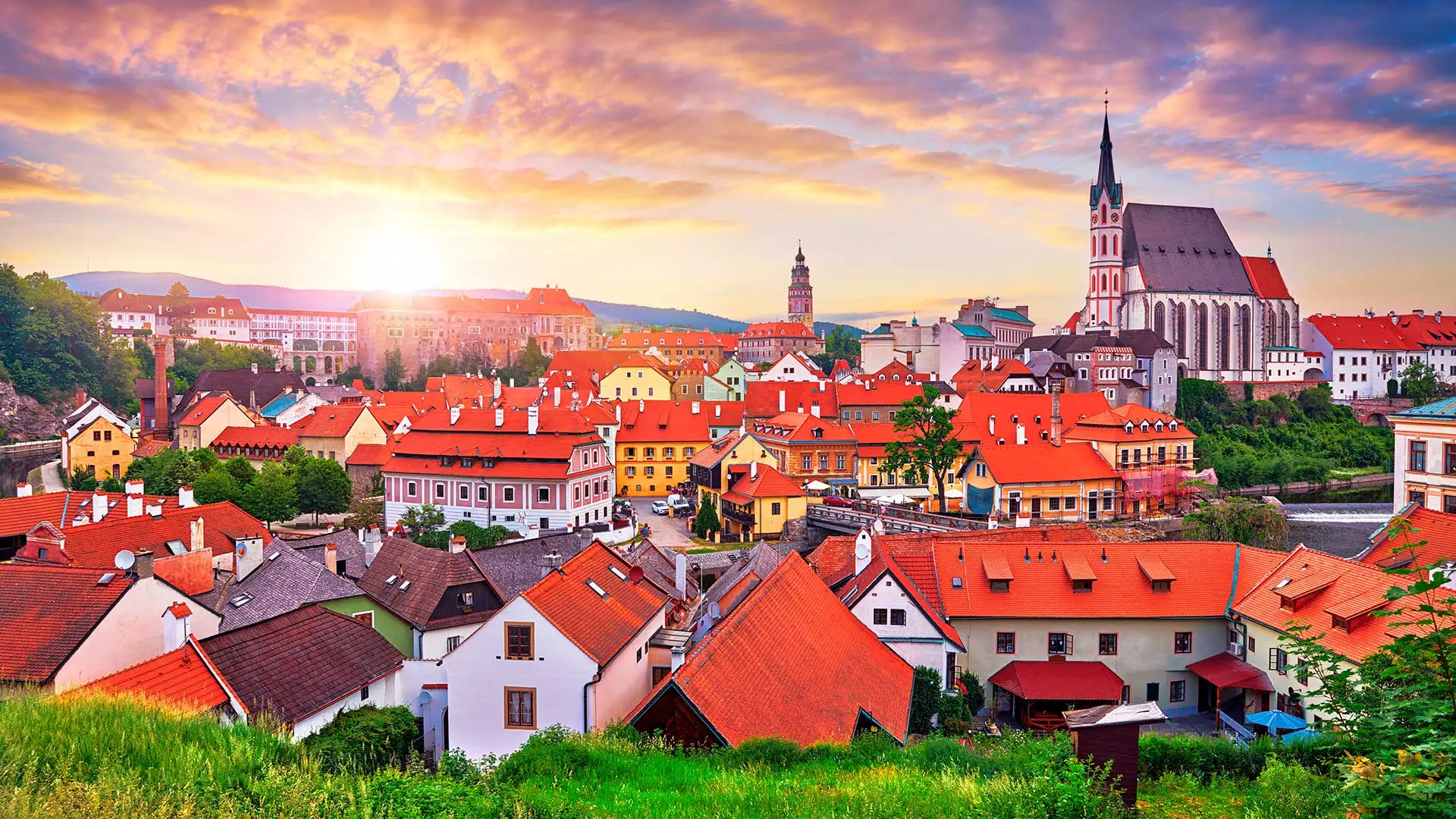
 Commercial square metres offer a wide range of investment opportunities, from office space in the centre of Prague to retail space in dynamic areas. Investments in commercial properties are capable of generating stable income over a long period of time, while offering some protection against inflation.
Commercial square metres offer a wide range of investment opportunities, from office space in the centre of Prague to retail space in dynamic areas. Investments in commercial properties are capable of generating stable income over a long period of time, while offering some protection against inflation.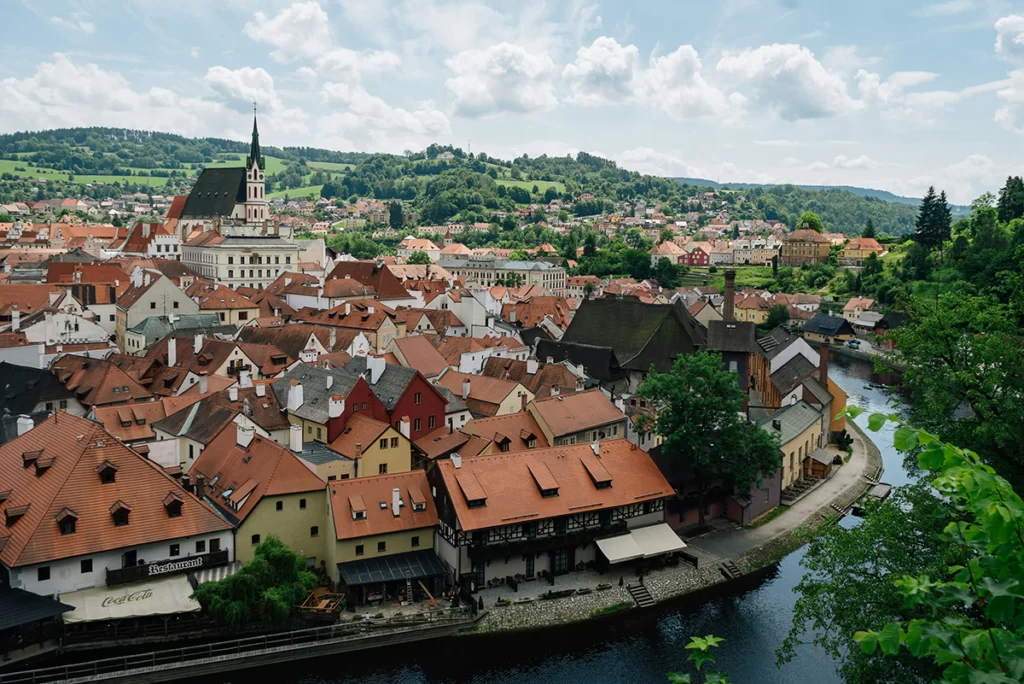 Whether you are interested in residential flats, office buildings or holiday properties, the country offers many opportunities for profitable investments. Once you understand what property in the Czech Republic to invest in, you can choose the best option that can bring a stable income. Each investor will find something that suits him or her, whether it is Prague with its business centres or Karlovy Vary with its resort properties.
Whether you are interested in residential flats, office buildings or holiday properties, the country offers many opportunities for profitable investments. Once you understand what property in the Czech Republic to invest in, you can choose the best option that can bring a stable income. Each investor will find something that suits him or her, whether it is Prague with its business centres or Karlovy Vary with its resort properties.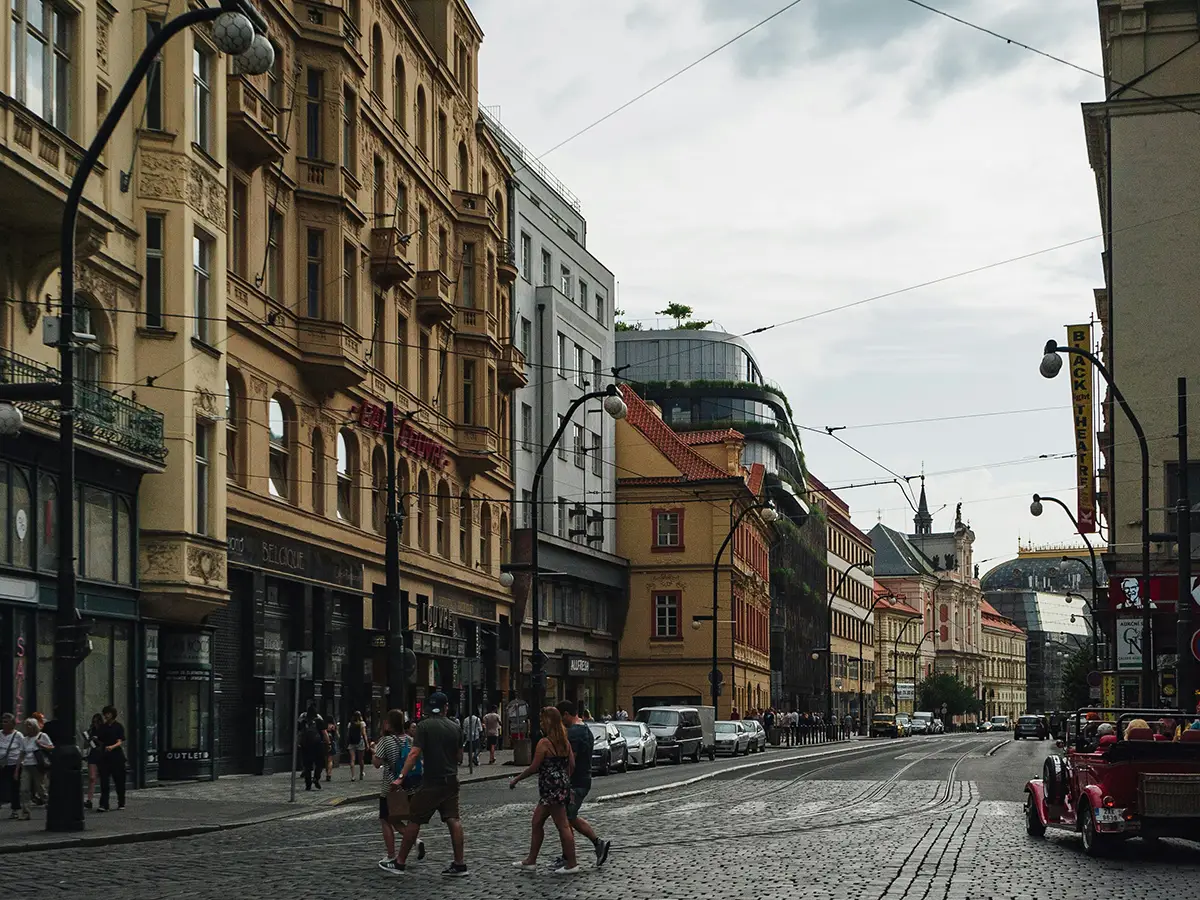
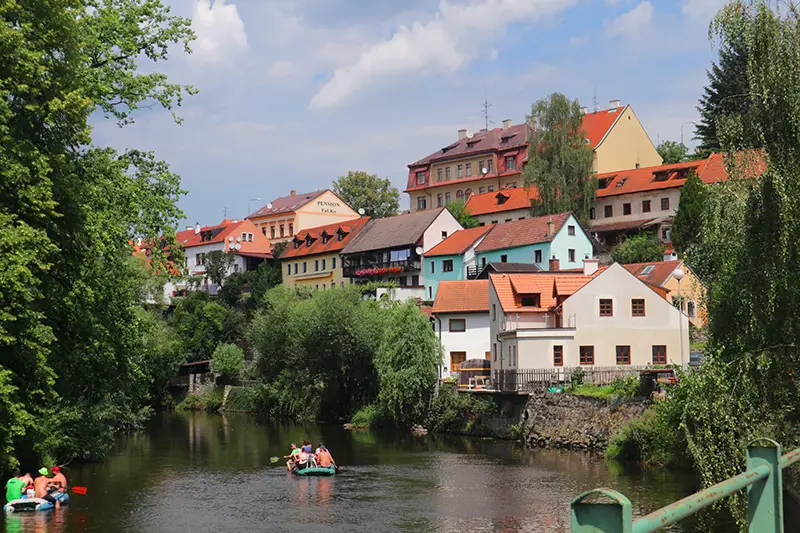 Pros:
Pros: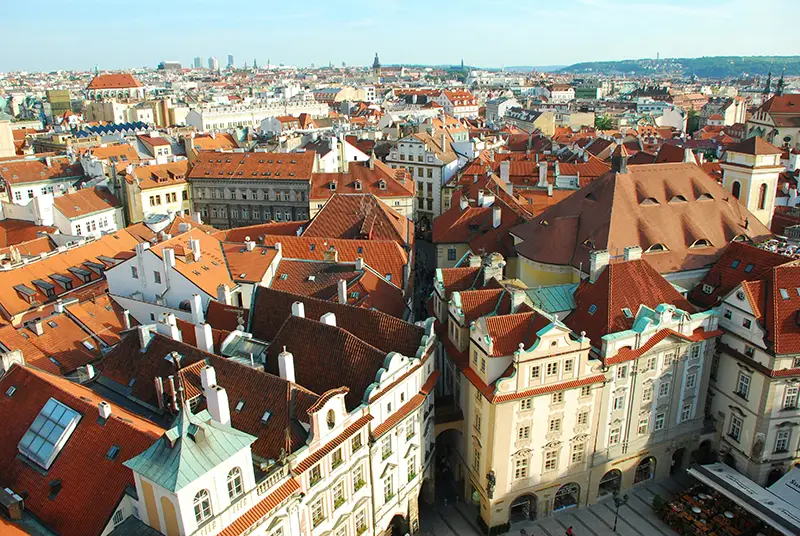 Property in the Czech Republic offers unique opportunities for preserving and increasing capital. Stable price growth, high rental yields and favourable conditions for foreign investors make this market one of the most attractive in Europe. Investing in Czech properties is a step towards financial independence and stability, especially in conditions of economic uncertainty.
Property in the Czech Republic offers unique opportunities for preserving and increasing capital. Stable price growth, high rental yields and favourable conditions for foreign investors make this market one of the most attractive in Europe. Investing in Czech properties is a step towards financial independence and stability, especially in conditions of economic uncertainty.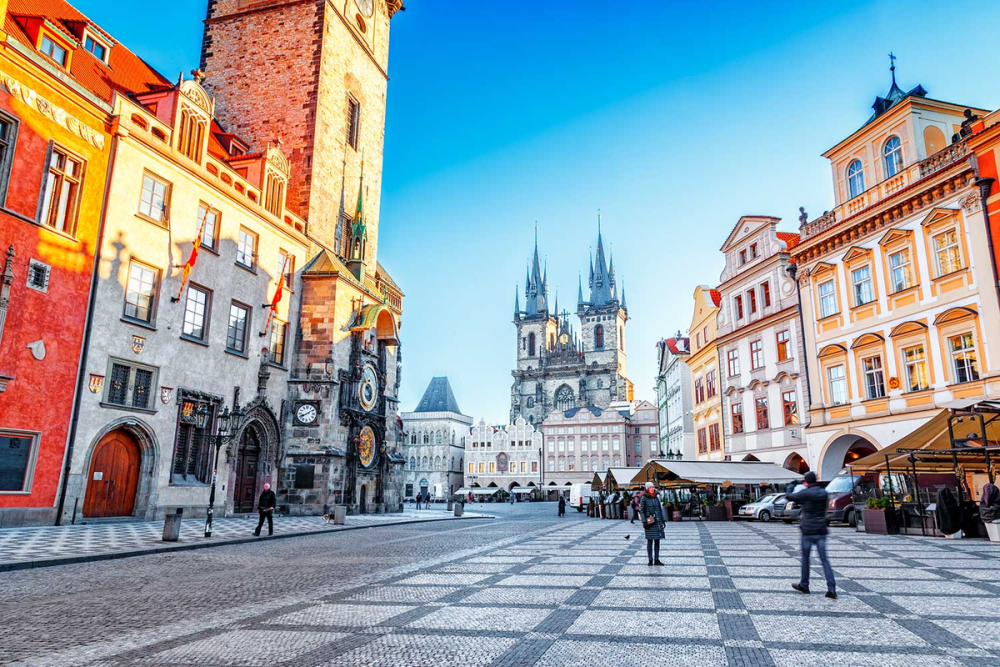
 Bureaucracy exposes even deeper differences between residence permit and residence permit. To obtain temporary status, a reason is often sufficient: study, work, family reunification, investment.
Bureaucracy exposes even deeper differences between residence permit and residence permit. To obtain temporary status, a reason is often sufficient: study, work, family reunification, investment.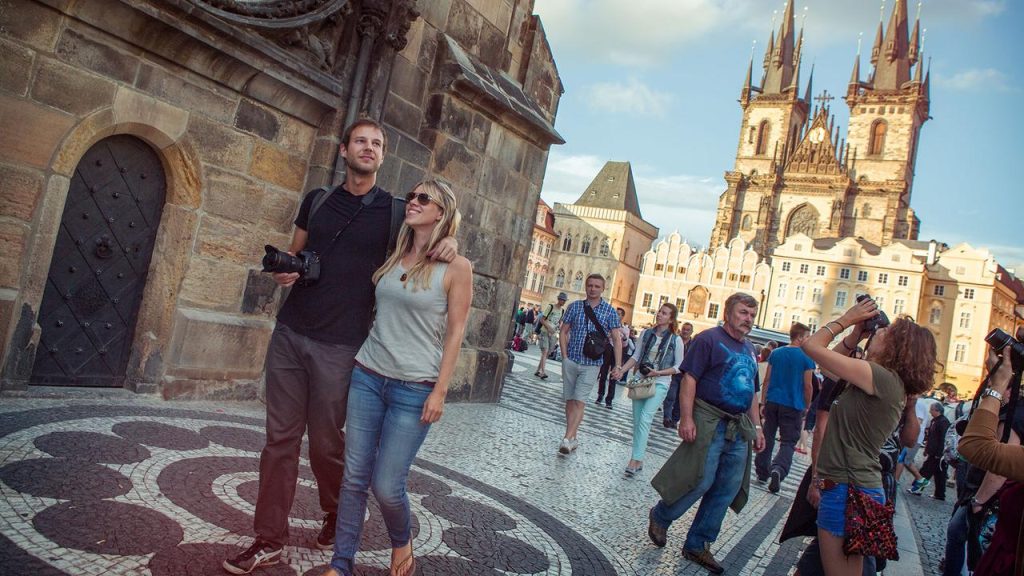 The differences between residence permit and permanent residence permit determine not just a legal category, but the quality of life, reliability of status and development horizons.
The differences between residence permit and permanent residence permit determine not just a legal category, but the quality of life, reliability of status and development horizons.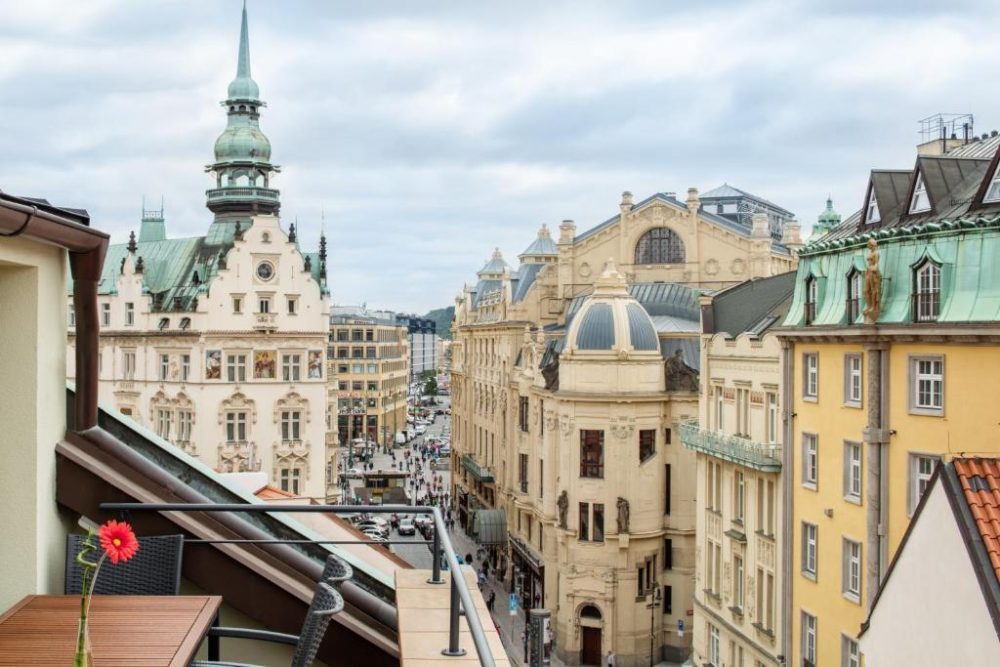
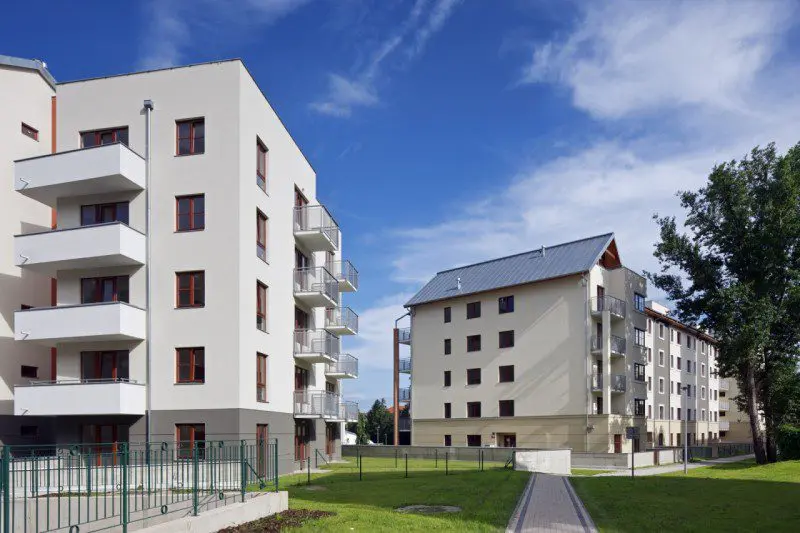 Location affects not only the price of the flat, but also the potential for capital growth. The difference between cities can be as much as 40% in price per square metre with a similar level of comfort.
Location affects not only the price of the flat, but also the potential for capital growth. The difference between cities can be as much as 40% in price per square metre with a similar level of comfort.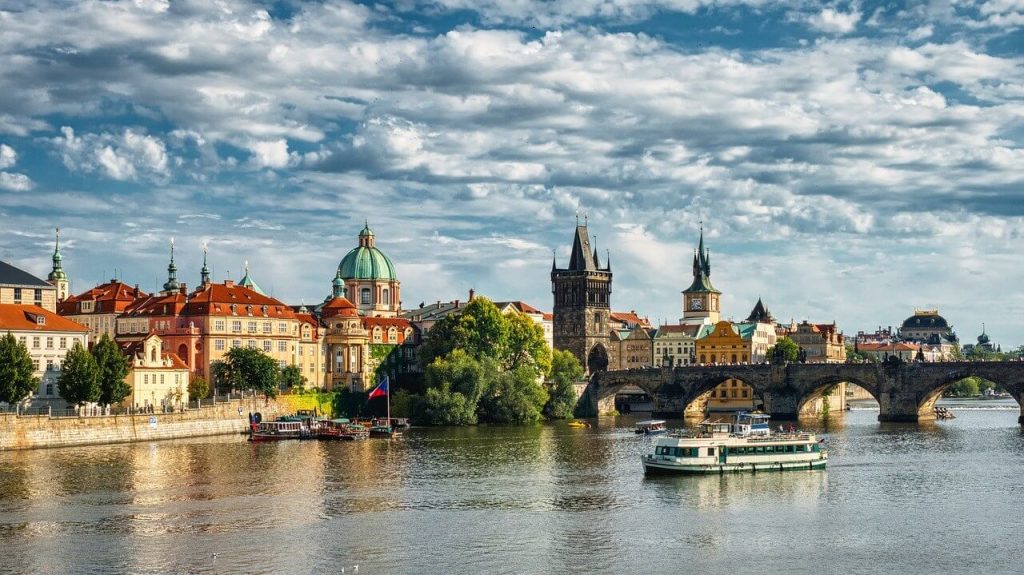 It is no more difficult for a foreigner to buy a flat in the Czech Republic than it is to sign a lease in Berlin. A clear procedure, a stable legal framework, favourable investment conditions and complete transparency make the property market attractive for both living and business.
It is no more difficult for a foreigner to buy a flat in the Czech Republic than it is to sign a lease in Berlin. A clear procedure, a stable legal framework, favourable investment conditions and complete transparency make the property market attractive for both living and business.
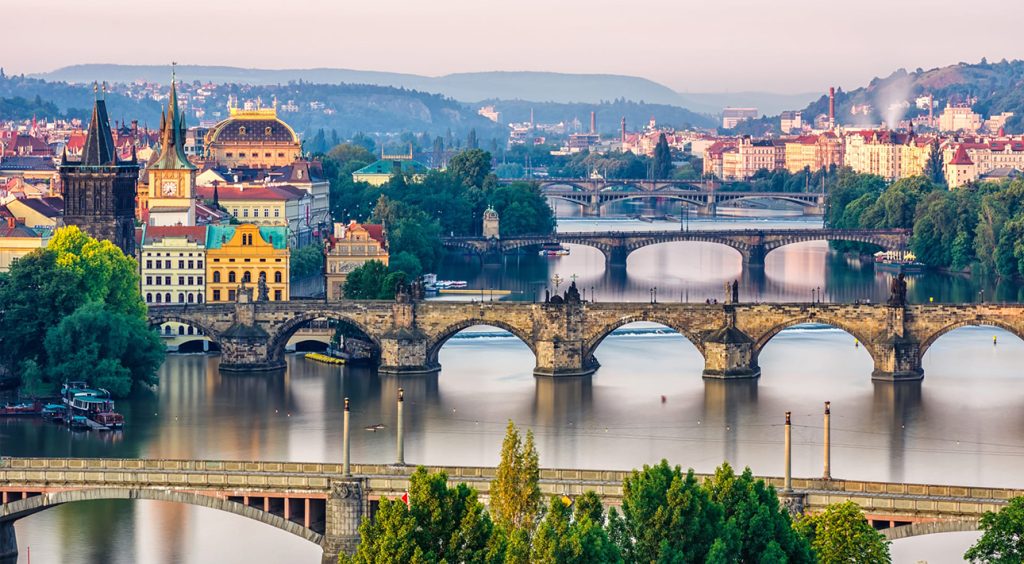 Properties in the country offer more than just Prague. Three areas with growth potential have been identified for 2025:
Properties in the country offer more than just Prague. Three areas with growth potential have been identified for 2025: This article is a complete guide to buying property in the Czech Republic in 2025. It is a short but important path to a stable investment in a transparent and reliable legal system.
This article is a complete guide to buying property in the Czech Republic in 2025. It is a short but important path to a stable investment in a transparent and reliable legal system.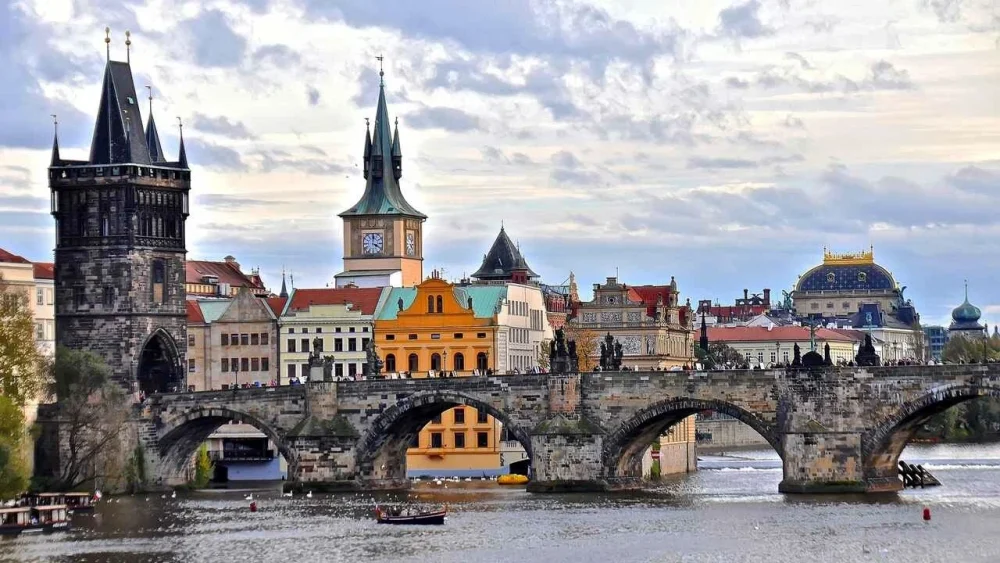
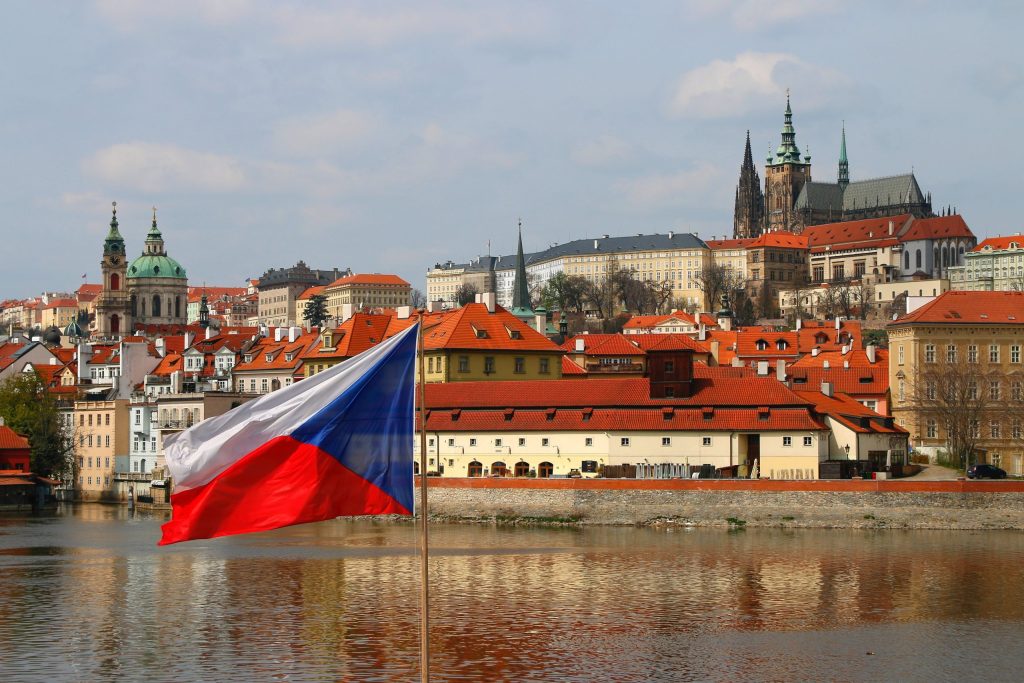 The labour market opens up completely. The Czech passport allows you to work directly for international companies in Germany, Austria, France and other countries, without quotas or permits. This removes most bureaucratic barriers and increases competitiveness in the market.
The labour market opens up completely. The Czech passport allows you to work directly for international companies in Germany, Austria, France and other countries, without quotas or permits. This removes most bureaucratic barriers and increases competitiveness in the market.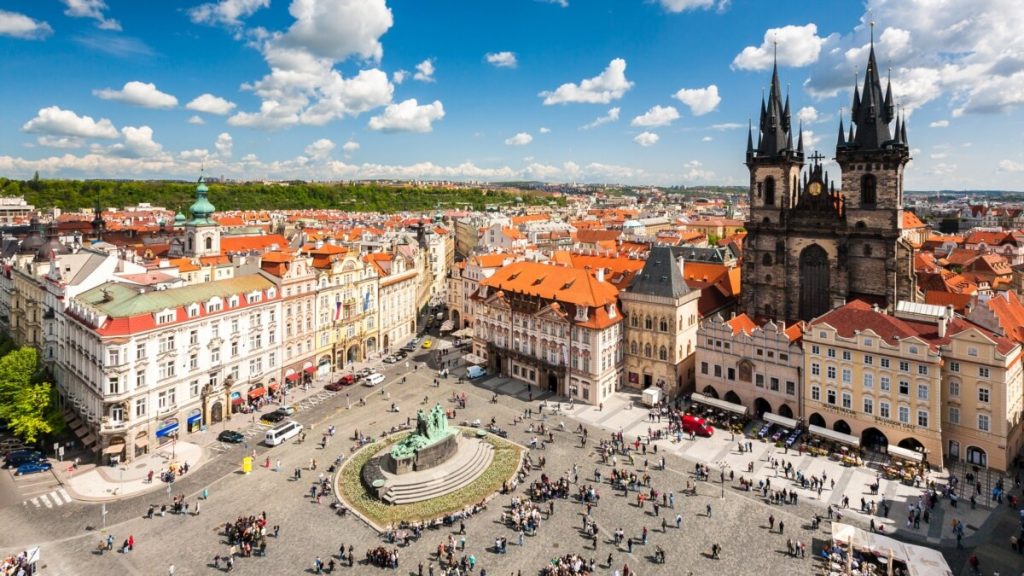 The formalisation of the civil status of the Czech Republic is no longer just a legal status. It becomes a tool for a comfortable, stable and promising life in the very centre of Europe. The practical value of this document is evident in every sphere: from planning a holiday to building an international business. Below are specific areas where the benefits are tangible on a daily basis and in practice.
The formalisation of the civil status of the Czech Republic is no longer just a legal status. It becomes a tool for a comfortable, stable and promising life in the very centre of Europe. The practical value of this document is evident in every sphere: from planning a holiday to building an international business. Below are specific areas where the benefits are tangible on a daily basis and in practice.